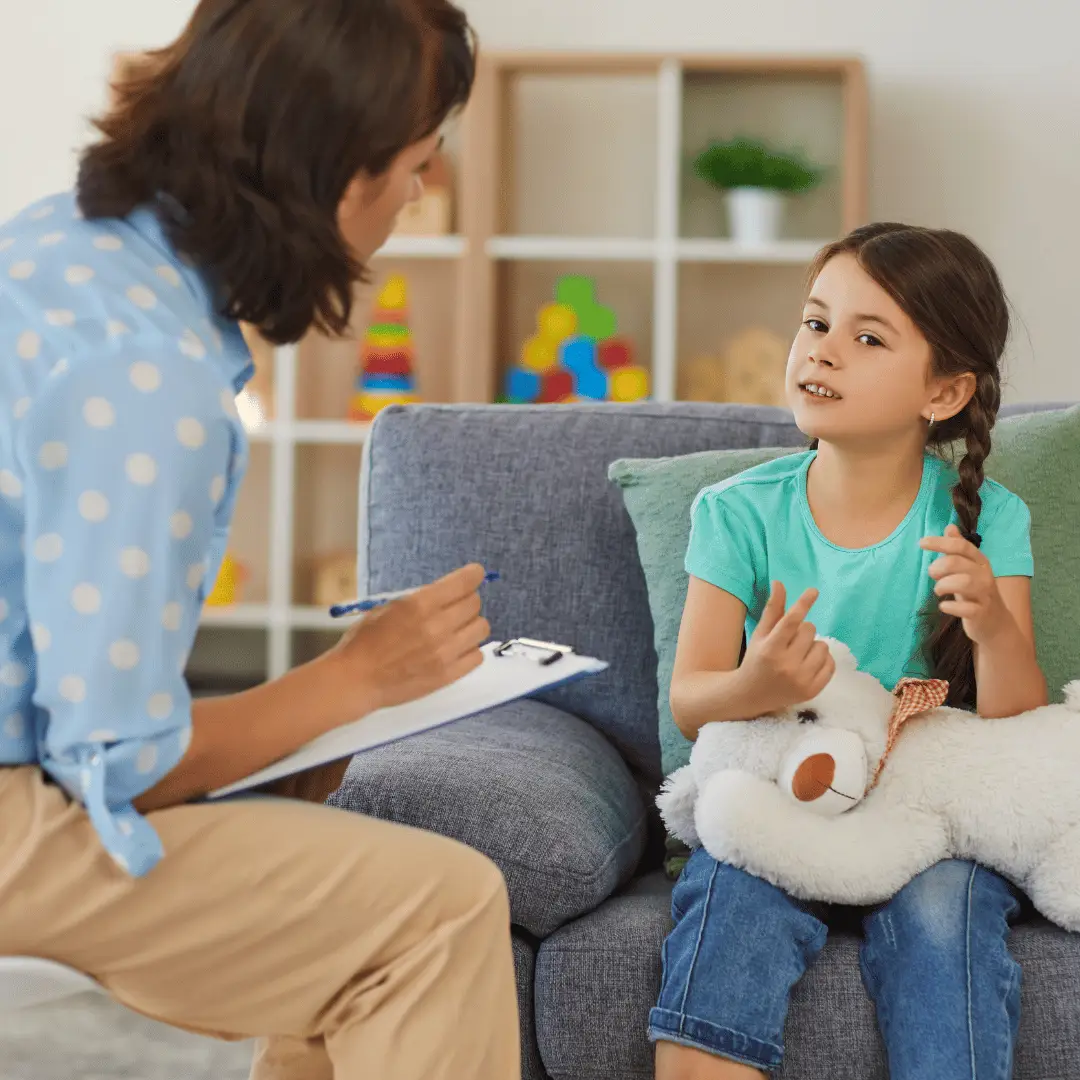ADHD Counseling Techniques: What Works and Why to Help You Thrive
Attention-Deficit/Hyperactivity Disorder (ADHD) can feel like a whirlwind, but don’t worry, there are plenty of strategies to help manage the symptoms! ADHD counseling techniques are designed to help individuals focus, reduce impulsivity, and build organizational skills. At McNulty Counseling and Wellness, we’ve helped many people navigate life with ADHD, so let’s dive into how counseling can make a big difference!
Understanding ADHD Counseling Techniques
First, let’s get clear on what ADHD is. ADHD stands for Attention-Deficit/Hyperactivity Disorder, a condition that affects millions of children and adults worldwide. The symptoms—like trouble staying focused, impulsive actions, and hyperactivity—can sometimes make daily life feel like a balancing act. But there’s good news! With effective ADHD counseling techniques, managing these symptoms becomes possible.
One common misconception is that ADHD only affects children. In reality, ADHD often continues into adulthood. According to the Centers for Disease Control and Prevention (CDC), about 6.1 million children have been diagnosed with ADHD, and many adults deal with it too. Luckily, therapy techniques can provide long-term benefits for both kids and adults.
How ADHD Affects Mental Health
ADHD doesn’t just make it hard to sit still or stay organized—it can take a toll on mental health. Emotionally, ADHD can lead to feelings of frustration, overwhelm, and even anxiety or depression. It’s common for people with ADHD to feel misunderstood or judged because they struggle with tasks that others find simple.
Psychologically, the constant battle with forgetfulness, distraction, and impulsivity can lead to lower self-esteem. Physically, people with ADHD might experience restlessness, making it difficult to relax. And this doesn’t just happen at school or work; these symptoms can also affect relationships, social interactions, and overall well-being.
For example, let’s consider John, a college student with ADHD. John finds it hard to focus during lectures, and assignments often pile up. As deadlines approach, he feels more anxious, leading to sleepless nights and moments of self-doubt. Without guidance, ADHD symptoms can create a snowball effect that makes daily life more challenging than it needs to be.
Effective Strategies for Managing ADHD
So, what are some proven ADHD counseling techniques that can really help? Here are a few you can explore:
- Cognitive Behavioral Therapy (CBT)
CBT is like a superhero for ADHD management! This type of therapy helps individuals become aware of negative thought patterns and behaviors and teaches them how to replace them with positive ones. CBT is especially useful for managing impulsivity and improving focus. It gives people practical tools for managing distractions and staying on task. - Behavioral Therapy
This technique is widely used with children and involves setting goals for behavior changes. For example, if a child struggles with following instructions, a therapist may use rewards and positive reinforcement to encourage better behavior. Over time, this builds healthier habits that stick. - Mindfulness Practices
Mindfulness and meditation may seem like they’re only for the zen crowd, but they can be game-changers for ADHD. Mindfulness helps individuals slow down and focus on the present moment, reducing impulsivity. Practicing mindfulness regularly can also help regulate emotions, allowing people to stay calm in overwhelming situations. - ADHD Coaching
An ADHD coach helps individuals develop personalized strategies to handle their unique challenges. Coaches work on things like time management, planning, and setting priorities. It’s perfect for those who need practical solutions for everyday tasks. - Organizational Skills Training
ADHD often comes with struggles in planning and organizing. Therapists can teach tools and techniques like using lists, schedules, and reminders. Even small changes like breaking tasks into smaller steps can make a big difference. - Parent Training (For Kids with ADHD)
When children are diagnosed with ADHD, their parents may need support too. Parent training programs offer techniques to help manage their child’s behavior. This can include how to set clear expectations, create routines, and use positive reinforcement to encourage good behavior. - Social Skills Training
Many individuals with ADHD struggle with social interactions, which can impact their relationships. Social skills training focuses on improving communication, listening skills, and self-awareness, making it easier to connect with others. - Medication Management
In some cases, medication may be part of the treatment plan. Counseling and therapy help individuals learn to manage their symptoms alongside any medications prescribed by their healthcare provider.
How McNulty Counseling Can Help
At McNulty Counseling and Wellness, we specialize in ADHD counseling techniques that make a real difference. Our licensed therapists understand the unique challenges that come with ADHD, and we’re here to guide you every step of the way.
Whether it’s Cognitive Behavioral Therapy to change thought patterns, ADHD coaching to help you stay organized, or mindfulness exercises to calm your mind, our team is ready to personalize your treatment. We work with both children and adults, ensuring that the counseling techniques fit your needs and lifestyle.
Through one-on-one counseling sessions, we can help you or your loved one regain control, boost self-esteem, and navigate life’s daily hurdles. Support is always available, and you don’t have to manage ADHD alone.
Conclusion
ADHD doesn’t define you. With the right counseling techniques, managing ADHD becomes possible, and you can thrive. At McNulty Counseling and Wellness, we’re here to help you take that step toward a more focused, balanced, and happy life. Remember, it’s okay to ask for support—help is just a call away!Don’t let ADHD hold you back. Contact us today at 727-344-9867 or fill out our contact form. We’re here to help you reach your full potential.







